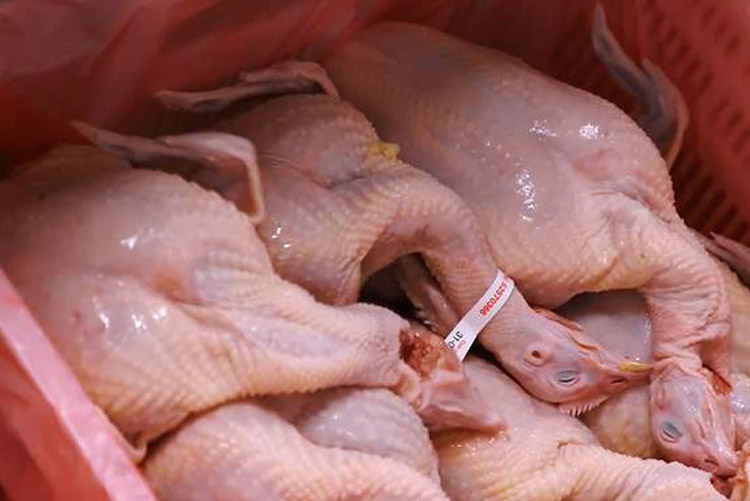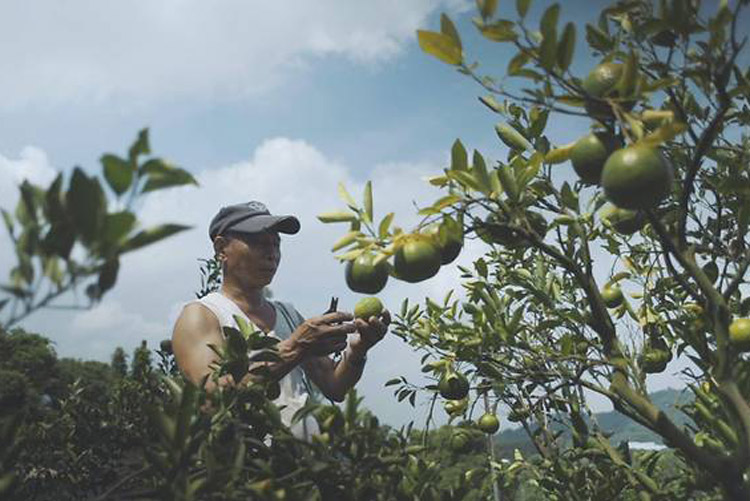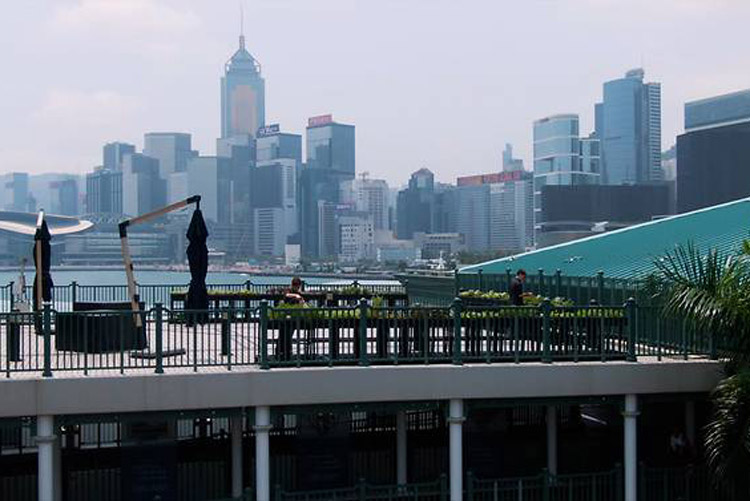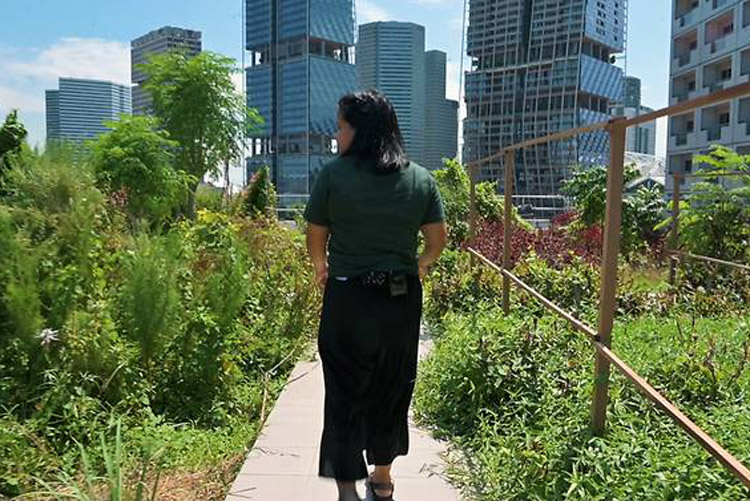Food waste is a global issue, but for Asian cities like Singapore and Hong Kong, the majority of the waste comes from the retail and consumption end of the food cycle.
You might be a conscientious consumer, and an excellent stock manager of your pantry, but reducing food waste requires more than just finishing up food on our plates. Our industrial food system is inherently wasteful, so we need to take a deeper dive.
Retail practices such as maintaining buffer stocks, and risk-adverse industry protocols such product labelling and unrealistic beauty standards are direct causes of food waste –food that is perfectly edible but nonetheless discarded. (read more about how we throw away 7 tonnes of chicken everyday here)
Further up the supply chain, overproduction is a major cause of food loss. Overproduction allows farmers insure themselves against erratic weather and unpredictable market demand – depending on our food trend, anything up to 40-50% of produce will not be absorbed by the market. (read about our flawed food chain here.
Learn more about the difference between food loss and food waste here.
Diversifying and finding alternative models that support smaller, more local supply chains can help tackle these systemic issues. Singapore has positioned itself as the Edible Garden City – setting an ambitious goal of producing 30% of the food they consume by 2030. Whilst Hong Kong does not have a government target, grassroot initiatives have been driving the efforts behind urban possibilities. Read more about urban farming here.
Watch Food, Wasted – the 3 part video series on Food, Waste produced by CNN Insider here.





